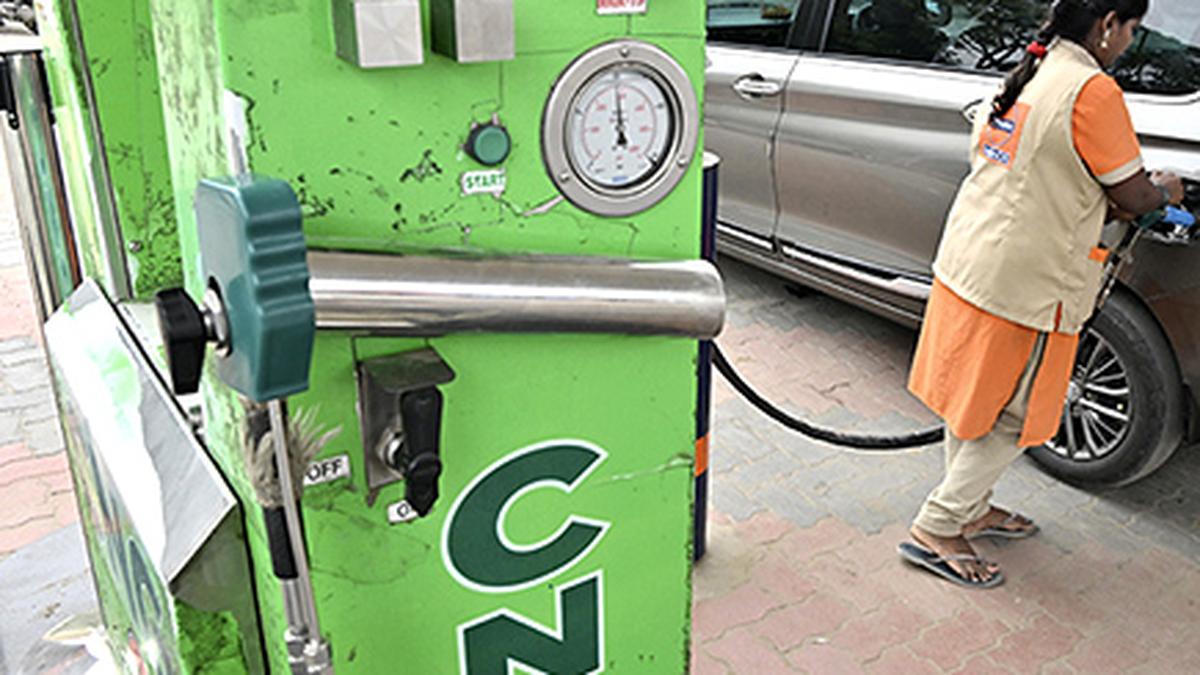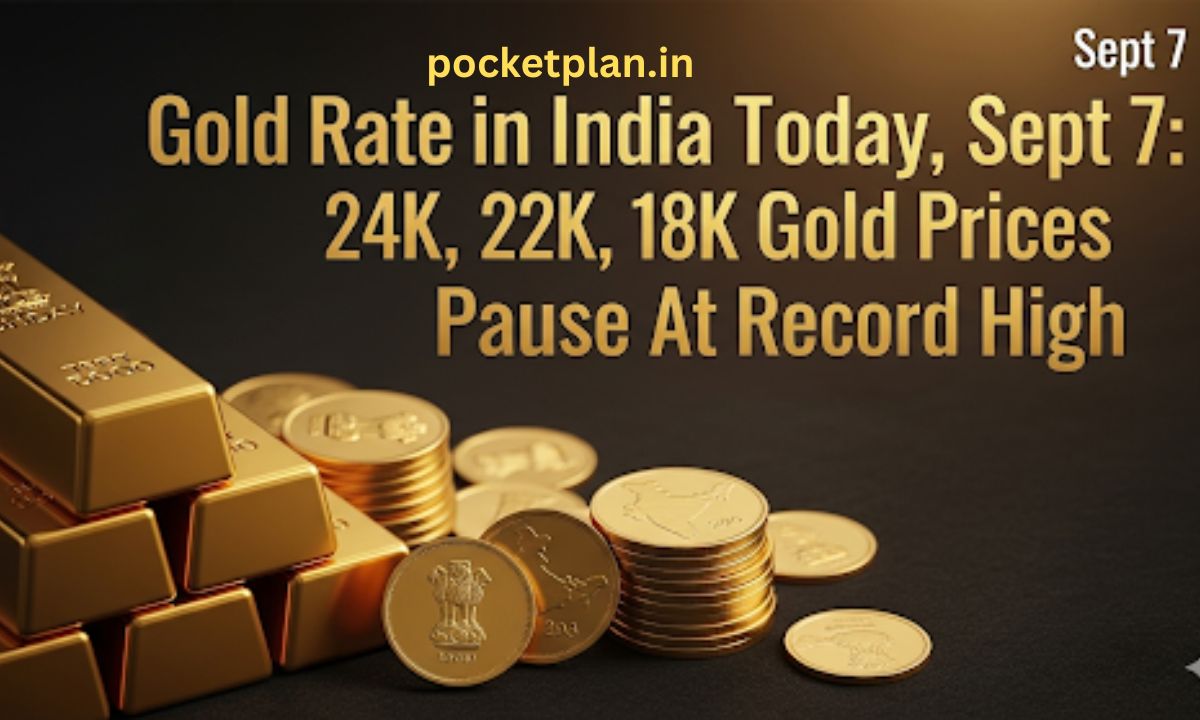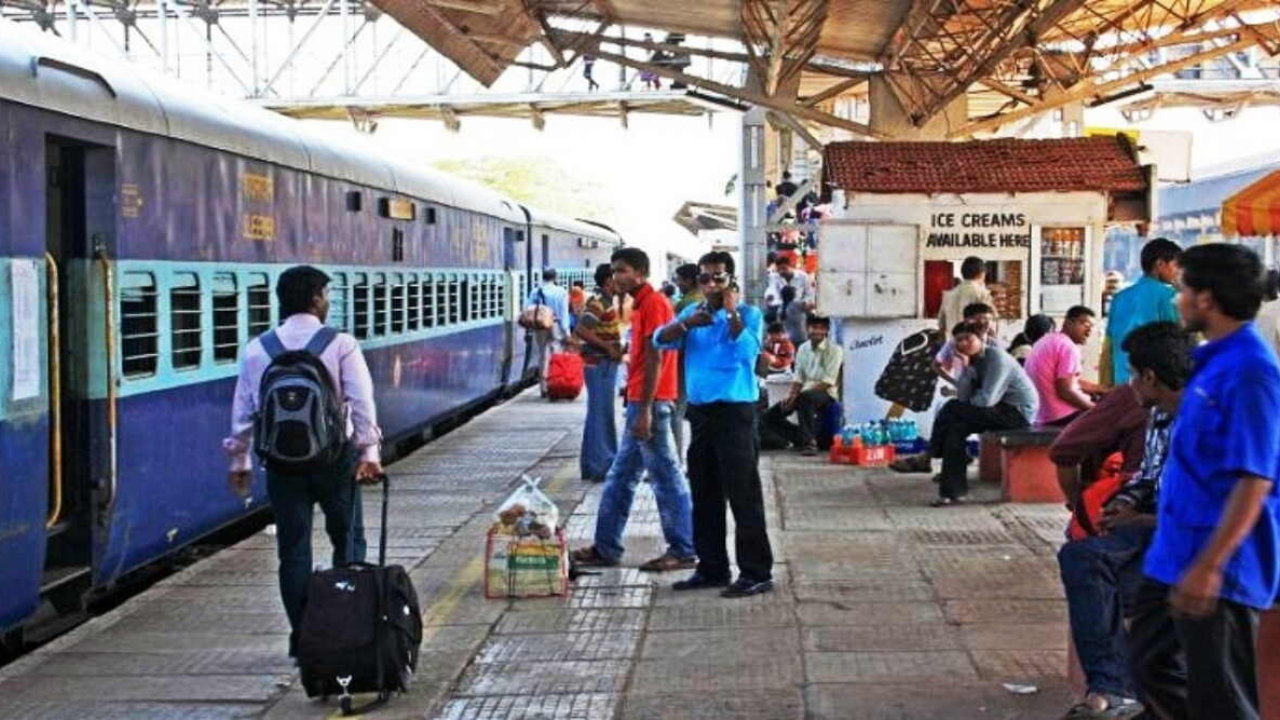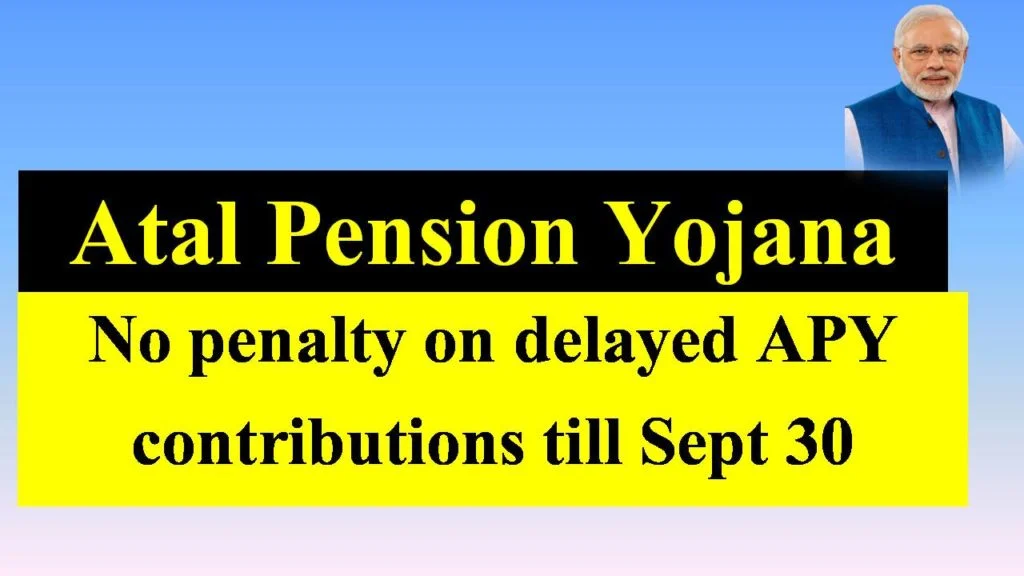The Petroleum and Natural Gas Regulatory Board (PNGRB) has made a new request to the Indian government. They want the Goods and Services Tax (GST) on CNG (Compressed Natural Gas) vehicles to be reduced. They are also asking the government not to charge excise duty on CBG (Compressed Biogas). This request is important because it can make green energy cheaper and help more people shift to cleaner fuels.
What is PNGRB?
PNGRB is the government body that looks after how oil and gas are used and managed in India. It also makes rules and policies for gas supply across the country. The main goal of PNGRB is to promote the use of natural gas, which is cleaner than petrol and diesel.
Why Focus on CNG Vehicles?
CNG is becoming more popular in India because:
- It is cheaper than petrol and diesel.
- It is better for the environment.
- It causes less pollution in cities.
Still, many people are not using CNG vehicles because of the higher price of vehicles and fuel taxes. Right now, the GST on CNG vehicles is 28%, which makes them expensive. In comparison, electric vehicles (EVs) only have 5% GST.
PNGRB is saying that if the GST on CNG vehicles is reduced, more people will be able to afford them. This will help reduce pollution and make travel cheaper for many families.
What is CBG (Compressed Biogas)?
CBG is a type of green fuel made from organic waste like food leftovers, animal waste, or farm waste. It is like natural gas and can be used in vehicles, homes, and factories.
CBG is also important for farmers. If CBG becomes popular, farmers can sell their waste to CBG plants and earn extra money. It also helps manage waste better and keeps the environment clean.
But right now, CBG has to face excise duty. PNGRB is saying that CBG should not be taxed because it is good for the environment and made in India. If the excise duty is removed, CBG will become cheaper, and more people will use it.
Overview Table
| Item | Current Tax | PNGRB Suggestion | Why It Matters |
| CNG Vehicles GST | 28% | Reduce it to 5% | Will lower vehicle cost and attract buyers |
| EVs GST (for comparison) | 5% | No change | Already low, encourages green energy |
| CBG Excise Duty | Yes (present) | Remove it | Will lower cost and help the green energy sector |
Clean Energy Push
India wants to cut down on pollution and shift to cleaner fuels. PM Narendra Modi’s government has already started many clean energy plans. Natural gas, CBG, and EVs are all part of this plan.
By 2030, India wants to increase the share of natural gas in its energy mix to 15%, up from the current 6%. But for this to happen, CNG and CBG must be affordable. This is why PNGRB’s request is very important.
Impact on Transport and Businesses
If these changes are approved:
- Car buyers will get cheaper CNG vehicles.
- Public transport can shift to CNG, reducing pollution in cities.
- Small businesses like delivery vans, taxis, and auto rickshaws will save money on fuel.
- Farmers will earn extra by supplying waste to CBG plants.
- Environment will benefit as CNG and CBG produce much less harmful gases than petrol or diesel.
What Is the Government Likely to Do?
The final decision lies with the Finance Ministry and GST Council. Experts say the government may consider this proposal seriously, especially with rising pollution and the push for green alternatives.
The government is also trying to reduce the import of oil. Promoting domestic fuels like CBG and increasing the use of CNG vehicles can help in that direction.
Final Words
PNGRB’s proposal is simple but powerful. Reducing GST on CNG vehicles and removing excise duty on CBG can help millions of people save money while helping the planet. It will also support farmers, reduce oil imports, and clean up the air in cities.















